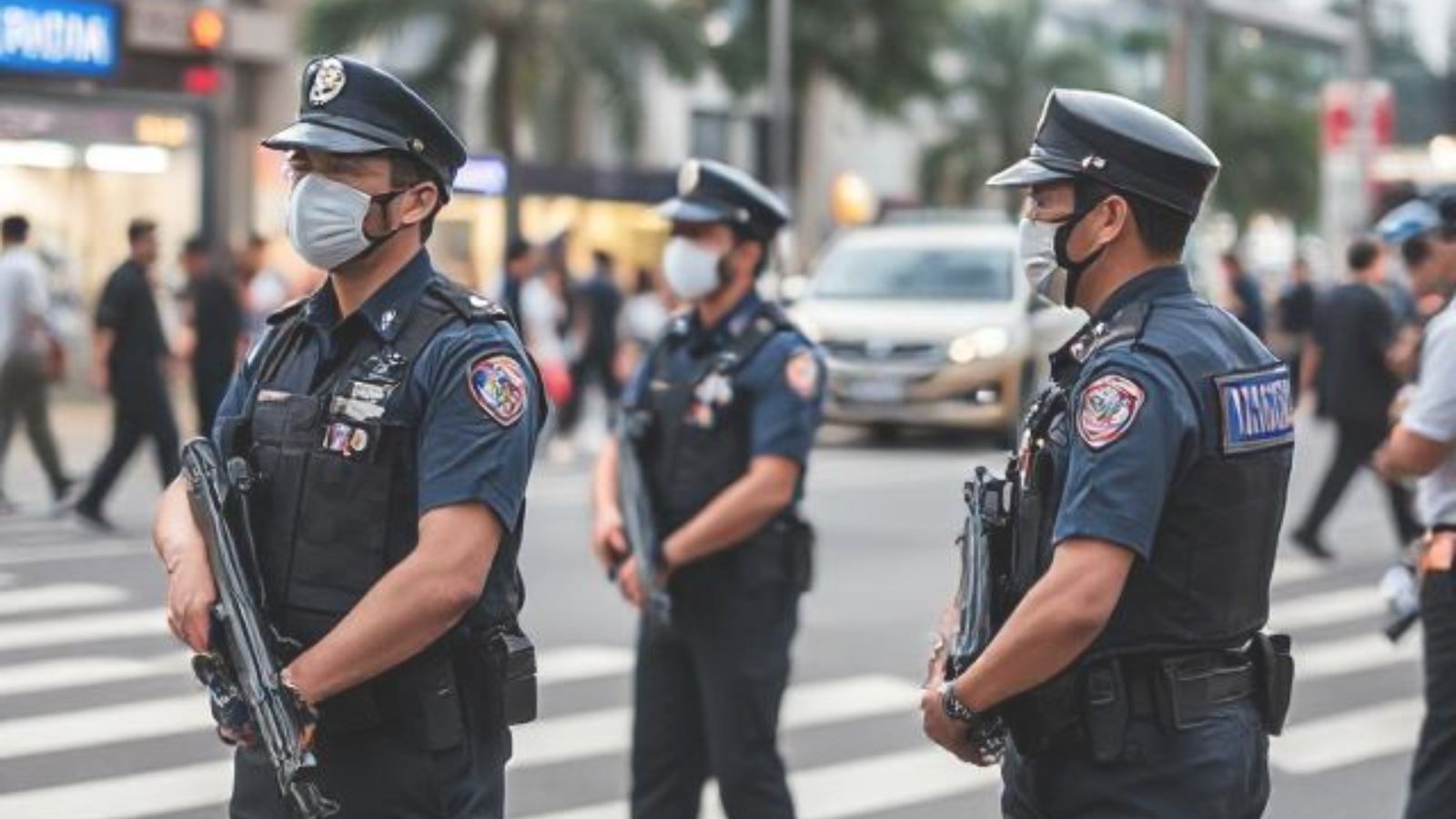
Singapore May Soon Make Wearable Trackers Compulsory
- The Singapore government feels that people aren’t doing enough to help it trace COVID-19 infections.
- Only 25% of the general population is using the official tracking app, so the country is readying to ramp up its efforts.
- The tracking program will launch a tracking wearable that may very likely be made mandatory.
When it comes to COVID-19 tracking, mitigating the risk of infection propagation, imposing quarantine measures, and identifying and monitoring “hot-spots,” there is no definitive point to draw the line. The most recent example comes from Singapore, as the country is reportedly planning to introduce mandatory tracking wearables to help with COVID-19 tracking and contact tracing, which is clearly a form of irreverence towards people’s privacy. Worldwide, each country's authorities are following what they consider to be the best approach, and people’s privacy rights have already been completely violated in the process, data protection regulations have been pushed aside, and citizens are generally at a loss.
The reason for Singapore's decision was presented to be the problematic landscape of smartphone apps, issues of universal compatibility, and problems with iPhone devices. Singapore’s minister-in-charge of the “Smart National Programme Office” initiative, Vivian Balakrishnan, has stated that the program’s official tracing app, “TraceTogether,” has only been installed in the devices of about 25% of the total population. The adoption has stalled there because iPhones don’t work well with the app, other people are dealing with unforeseen technical obstacles like devices that are low on memory, and some are unable to install apps due to technological illiteracy. Moreover, many people aren’t using smartphones at all.
To address this problem, the government is now planning to introduce a wearable device that will most probably end up being compulsory. As the minister told the press, the device won’t have a GPS chip and won’t connect to the internet. Instead, it will work with Bluetooth proximity data, and everything will be stored on local memory. If the wearer tests positive for COVID-19, government officers will then be allowed to access the stored data and figure out who the person came in contact with. When asked about whether the device will be made compulsory, the minister said this would depend on the voluntary adoption rates. So, if not many people opt for it, the government will enforce it.
This has already generated a backlash from the public, and an online petition on “Change.org” has gathered over 38,000 signatures against this tracking device. Simply put, no matter how serious the COVID-19 threat is, people fear the abuse of these tracking systems, are not willing to trade-off their privacy to prevent the spread of Coronavirus, and they feel that the general population in Singapore is facing an unprecedented menace.









